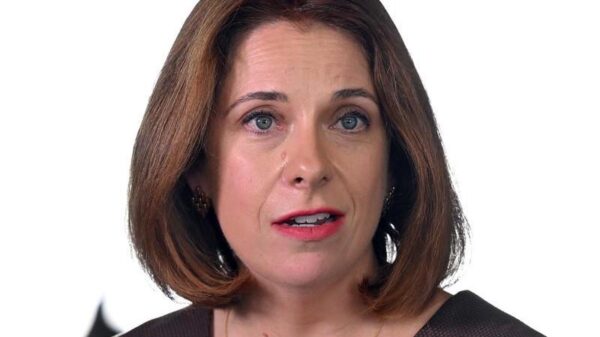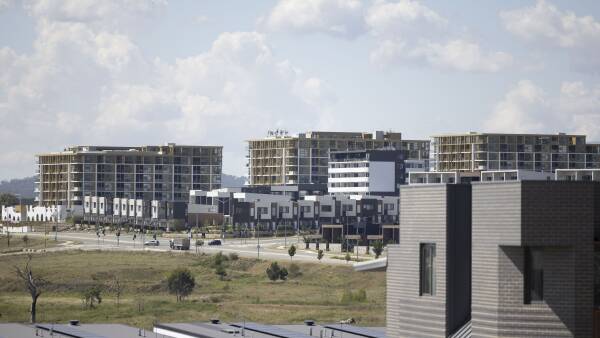Kyoto, Japan — An international team of researchers, led by Shinichiro Fujimori from Kyoto University, has proposed a new initiative to enhance the inclusivity of climate research. This comes in response to concerns that current climate action projections, driven by the Paris Agreement, disproportionately reflect the perspectives of a limited number of regions and research institutions, particularly neglecting developing countries.
The research community has primarily relied on integrated assessment models to create long-term climate mitigation scenarios. These models evaluate the technological feasibility, costs, and impacts of climate change countermeasures. However, the model comparison projects often limit participation to a small number of research teams, resulting in a narrow representation of global perspectives.
To address this disparity, Fujimori’s team is advocating for a more open and transparent platform that allows broader participation. “Our goal is to allow researchers from a wide range of regions to participate, enabling less biased future projections and more reliable analysis,” Fujimori stated.
Proposed Framework for Inclusive Climate Research
The proposed system comprises four key stages aimed at facilitating collaborative climate research. Initially, researchers worldwide can propose topics which will undergo peer review. Following this, a protocol detailing the model experiments and research outline will be published. This allows any interested scholars to engage based on the established protocol.
The data and scenarios generated through this collaborative effort will be shared in a common database accessible to governments, businesses, civil society, and educational institutions. After thorough analysis and quality checks, the findings will be published for widespread use.
Fujimori’s team anticipates that including a diverse array of researchers will lead to climate mitigation scenarios that better consider the needs of developing nations, thus providing a more balanced foundation for global climate policy.
While the initiative has the potential to transform climate research, the team acknowledges challenges, particularly in securing necessary training, technical support, and funding. Developing countries often lack the diverse funding needed to establish robust research systems. The aim is to gradually shift the research community towards a more open system, accumulating experience and support along the way.
Fostering Inclusivity in Climate Science
Fujimori emphasized the importance of inclusivity within climate research, stating, “Climate change is a global issue, and research itself is easily influenced by politics. Research should be more inclusive, and while this may mean sacrificing efficiency to a certain extent, I sincerely hope that the scientific community will move in a better direction.”
This initiative reflects a growing recognition of the need for equitable representation in climate science, aiming not only to improve the quality of research but also to ensure that the voices of those most affected by climate change are heard in policy-making processes. By connecting researchers globally and pooling diverse knowledge, the initiative seeks to lay a solid foundation for more effective climate policy that can adapt to the needs of all nations, particularly those facing the greatest challenges.






























































